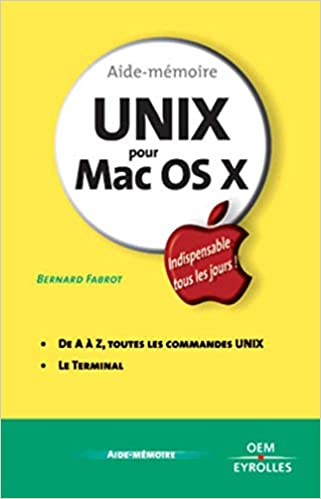
Shell scripting is becoming an essential part of IT operations. It is a simple, yet powerful automation tool to streamline various processes and tasks. Shell scripts are created using shell programming languages that provide users with the ability to write lines of codes in a particular syntax. Organizing these codes into a script makes it easy to execute commands and automate different types of tasks. In this article, we will explore the benefits of using shell scripts to help you streamline your operations.
Increased Efficiency:
Shell scripts can quickly execute repetitive tasks that often consume a lot of time and effort. Tasks like creating backups, updating software, removing temporary files, and deploying applications can be done with a single command. Imagine typing out a hundred commands instead of running a single shell script. Shell scripts save time and increase the efficiency of operations.
Automating User Management:
User management is an important aspect of IT operations. Automating user management tasks greatly reduces the chances of human error. Shell scripts can create, modify, and delete user accounts, set password policies, and groups with just a few commands.
Improved Monitoring:
Shell scripts are useful for providing developers and system administrators with important information about their systems. They can monitor server performance, system logs, and network connections. This helps administrators to quickly detect and troubleshoot issues before they become critical problems. To learn more about Shell Script click here.

Customizing Your Environment:
Shell scripts give you the freedom to customize your system environment to match your needs. You can create scripts to help you set up your workspace, install a set of tools, configure a development environment, among other tasks. Shell scripts allow you to work in the environment you’re comfortable with while meeting your needs. Learn more about this topic at https://docs.nersc.gov/environment/
Portability:
Shell scripts can be run on any Unix shell or shell-compatible operating systems. This makes them portable across different machines and operating systems. With a little tweaking, the same script can be run on a different machine without any issues. This reduces the time spent on learning new tools and practices to complete the task.
Conclusion:
Shell scripting provides IT teams with a lot of benefits in streamlining operations. These benefits include improving efficiency, monitoring, automating, customizing the environment, and portability. Shell scripting is a tool that is worth learning and mastering. It reduces the workload of IT operations and helps teams manage their tasks quickly. It’s a valuable tool in managing large and small-scale systems and can unlock powerful automation capabilities that can save a lot of time and money.

